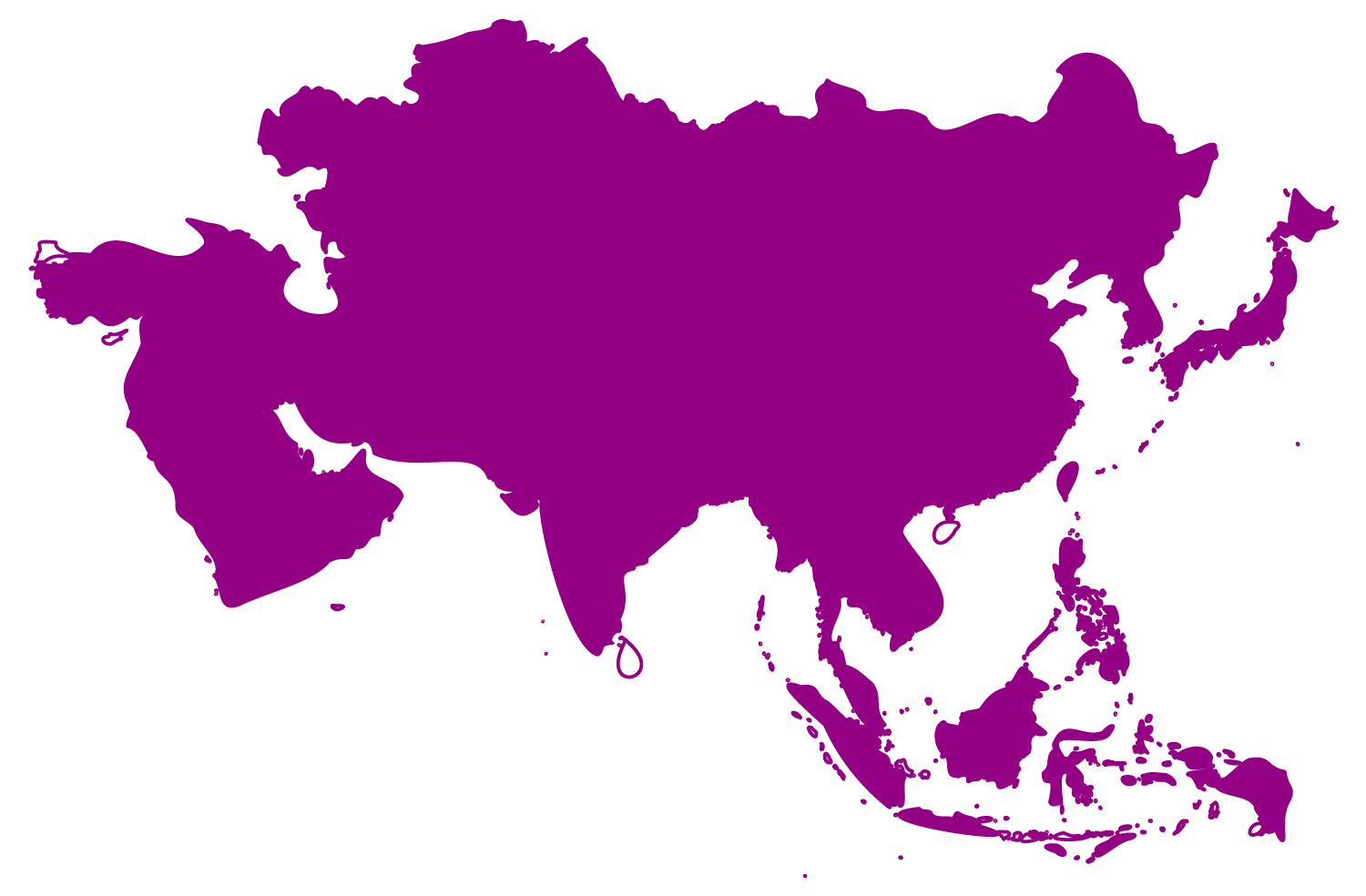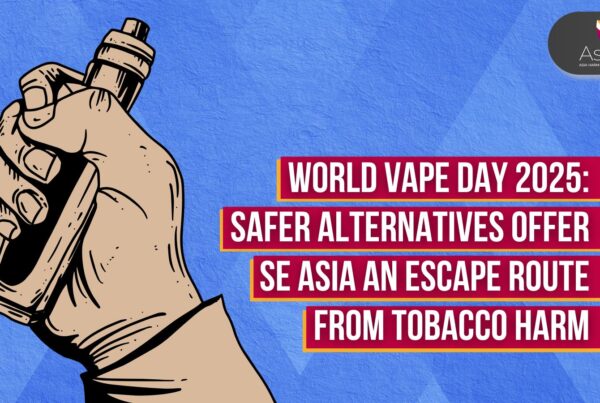
Benefits

Alcohol Harm Reduction (AHR) can help to reduce the prevalence of noncommunicable diseases, including cardiovascular diseases, cancers and liver diseases.

Reduce Transmissions.
Alcohol Harm Reduction (AHR) can help to reduce the transmission of infectious diseases, including HIV and TB, as alcohol consumption increases transmission risks by suppressing immune responses.

It reduces alcohol-related injuries, including both injuries to those consuming alcohol, as well as those around them.
Such injuries include road traffic injuries, falls, assaults, drownings and burns.
AHR policies in practice
In Asia-Pacific, alcohol harm reduction measures suggested by the World Health Organisation have been implemented in countries such as India, Indonesia, and Thailand. These include health warnings in alcohol advertising and on labels, including warnings about the impact of alcohol consumption on social isolation and social well-being. (WHO)

Thailand runs carefully planned, high intensity mass media campaigns to raise awareness of drunk driving.

Half of the South-East Asian Member States have hours of sale restriction on alcohol sale in place in both on- and off-premise commercial settings. Restriction on days of alcohol sale has also been mandated in several countries, including Bangladesh, Bhutan, India, Sri Lanka and Thailand.
Half of the South-East Asian Member States regulate the sale of alcohol at petrol stations. This is to limit the availability of alcohol for drinkers in transportation settings, which helps prevent road accidents.
SAFER Interventions
In 2018, the World Health Organisation and United Nations, in collaboration with international partners, launched the SAFER initiative. It is a package of proven, cost-effective interventions to reduce the harms caused by alcohol:
S :
Strengthen restrictions on alcohol availability.
A :
Advance and enforce drink driving counter measures.
F :
Facilitate access to screening, brief interventions and treatment.
E :
Enforce bans or comprehensive restrictions on alcohol advertising, sponsorship, and promotion.
R :
Raise prices on alcohol through excise taxes and pricing policies.
More about
Tobacco Harm Reduction
More about

